The diversity of careers in agriculture is astounding. The industry is working hard to shake…
Teaching agriculture in schools
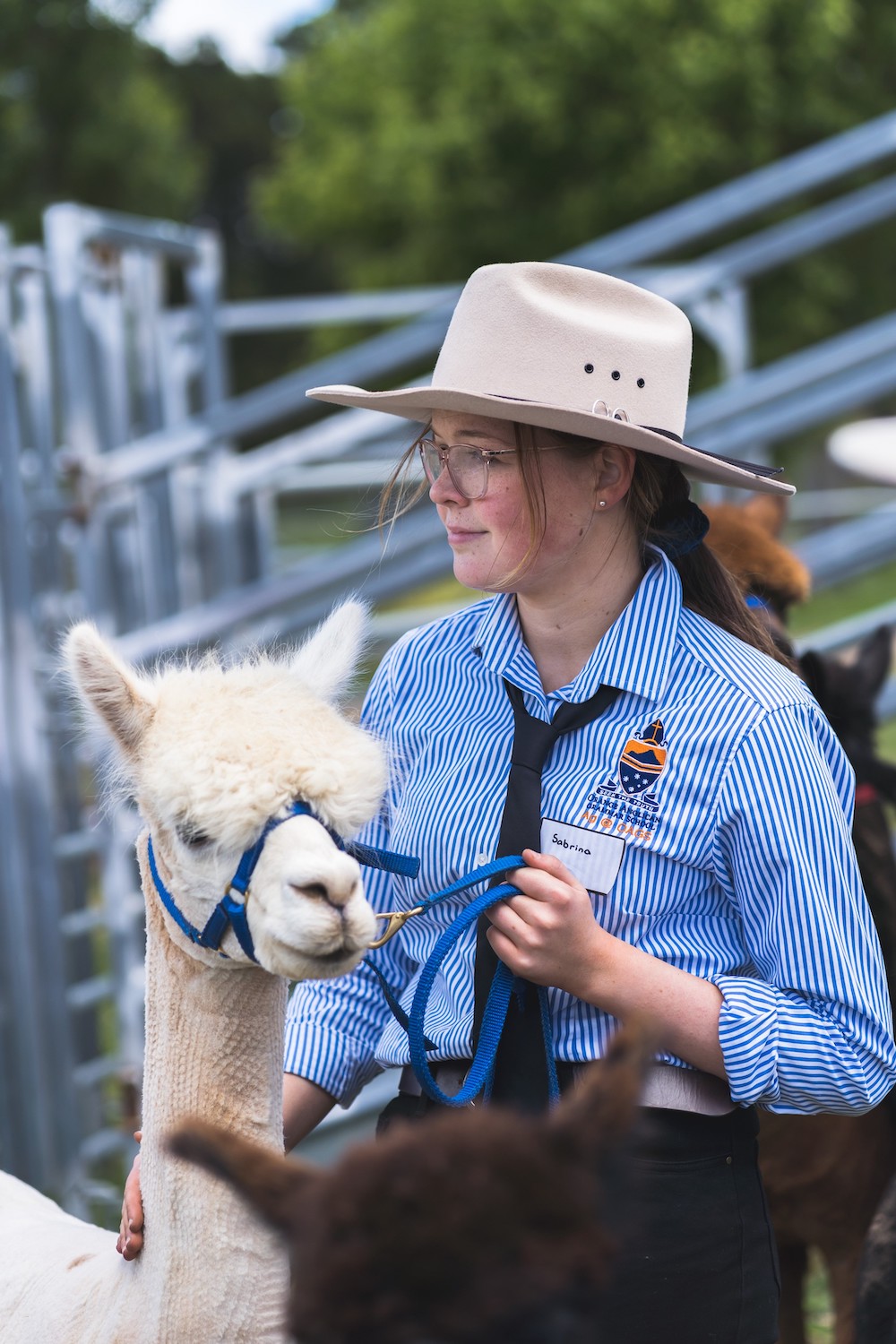
Sarah Eyb’s passion for teaching students about the importance of agriculture in schools has been reignited at the Orange Anglican Grammar (OAG) School’s Agricultural Centre of Excellence (ACE).
The experienced agriculture teacher was contemplating a new career in the livestock industry, but a chance meeting with OAG Headmaster Rev Louis Stringer changed that plan.
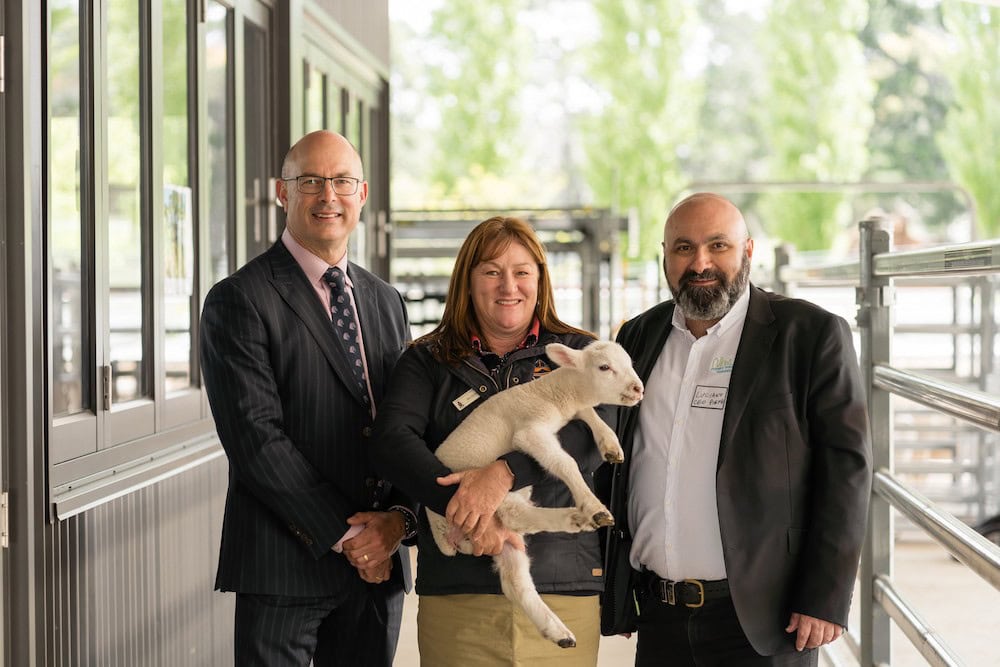
“They were looking for a new agriculture teacher and Louis asked if I knew anyone. Then he said what would you do if you were the agriculture teacher here,” Sarah says.
“I told him what I would do, and he said – ‘Go home and write me a proposal then’. Louis happened to be thinking along the same lines in terms of teaching agriculture, so the planets aligned and ACE was born.”
That was two years ago and Sarah’s proposal was the inspiration behind the OAG’s ACE learning project and a new role as an agriculture teacher and ACE coordinator.
The unique project is a Prep to Year 12 program that embeds agriculture across National Curriculum outcomes utilising the schools, three-hectare farm and new ACE building.
The new building was officially opened in November last year, with 140 guests served a lunch menu created by the school’s food technology department using ingredients grown at the school.
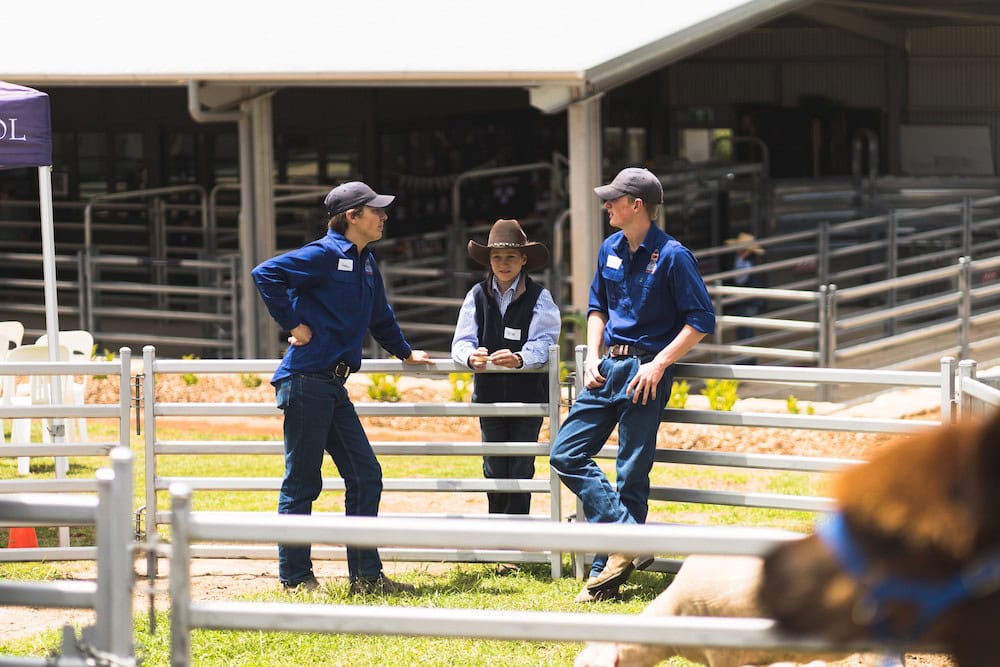
“The new ACE building caps off a whole precinct that also features a series of undercover yards for sheep and cattle. Integrated into that is a classroom which has café style windows, so students can watch livestock demonstrations while working.
“We have vegetables growing in a garden as well as in the aquaponics system, a first cross flock of sheep producing prime lambs and four Flow Hives for honey.
“There is also a two-acre regeneration paddock, which is now going into its third year. That project has been a learning experience for me as well as the students.”
Sarah said the ACE program has resulted in more students taking up agriculture in their senior years.
“We had nine students in years 9 and 10 doing agriculture when I started here. Last year I had 31.”
Sarah Eyb, teacher at Orange Anglican Grammar
NSW is the only state where agriculture is part of compulsory food and design technology subjects in years 7 and 8, but Sarah believes the importance of farming is still lacking in many classrooms.
“Ag is actually missing in a lot of schools in years 7 and 8 because the entire unit is filled with learning about food technology.
“Fortunately, we have a tremendous food tech teacher that puts food production and what we grow front and centre in the classroom. Everything we grow goes through the school’s kitchen to deliver the food technology teaching program.
“This involves the food tech students doing the harvest so that they understand the quality and quantity parameters of food. We very much work as a team. For example, year 7 students had to design a chicken burger using meat from chickens they have raised from one day old, vegetables and herbs grown here, and fresh eggs.
“So it’s a full food technology project that also involves the agriculture behind the food.”
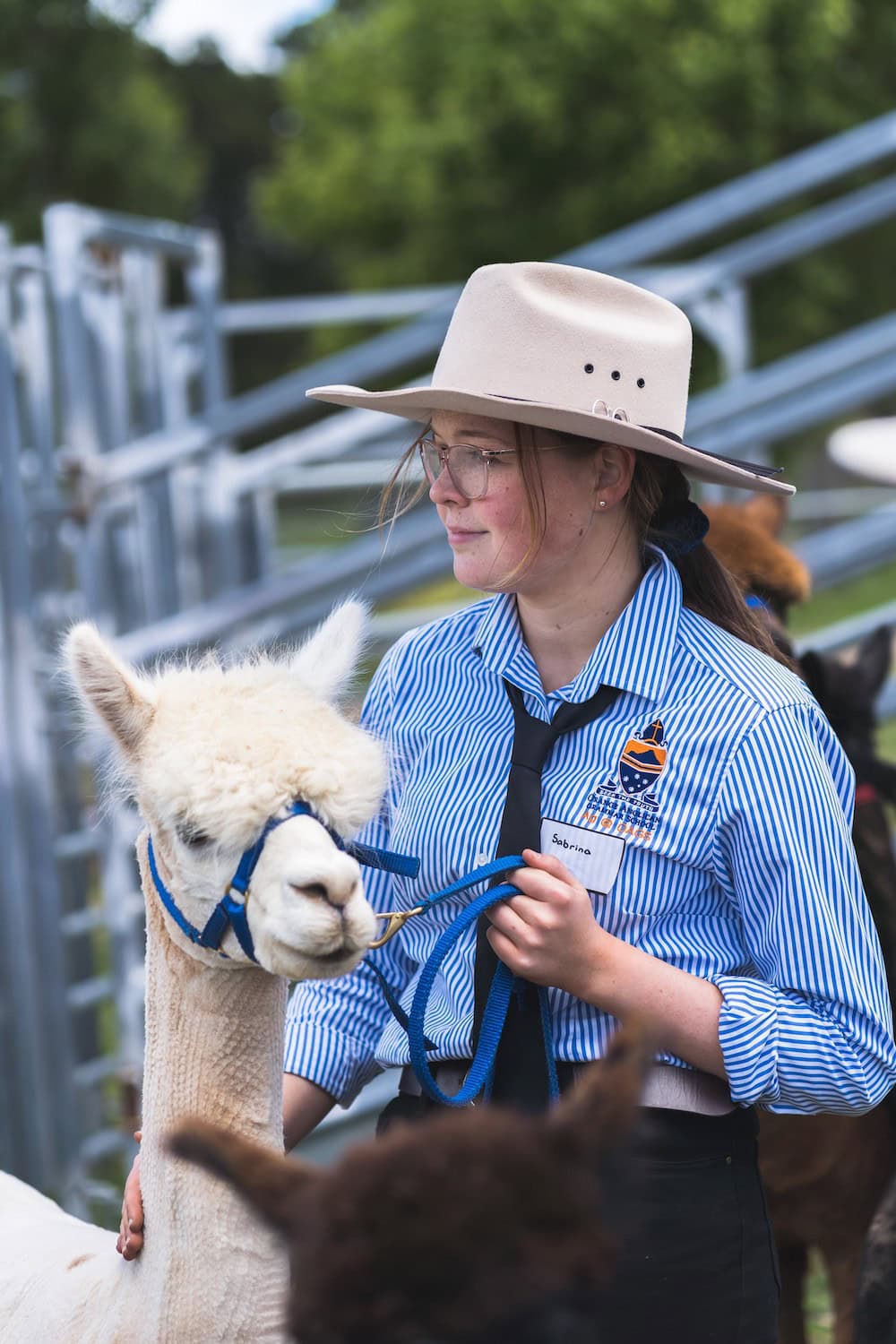
The ACE program also enables agriculture to be incorporated into maths teaching for the younger students, who need to measure, weigh and calculate yields.
In addition to aspirations for all things agriculture, Sarah has been able to utilise a vast array of industry contacts to further enhance the learning experience.
“We are also in a community partnership with Landcare in growing and breeding dung beetles to identify winter active species that we can release in the Central West region. That has been great in teaching the kids about the importance of dung beetles for carbon retention, soil health and parasite reduction.”
“The dung beetles are about the only thing we don’t eat from the ACE facility.”
Sarah has also linked up with the NSW Farmers Orange branch, who donated $1,000 towards equipping the ACE centre and a complimentary NSW Farmers membership.
From little things, big things grow
Seven students. 85 hectares. Three years. 170 tonnes of wheat. A cropping project like no other.
That’s a short summary of a massive achievement for the Hermidale Future Farmers (HFF) project at the tiny Hermidale Public School located about 200 kilometres northwest of Dubbo.
The project’s centrepiece was an 85-hectare crop of wheat that was harvested on November 22, 2022, and sold for around $50,000 to fund future HFF crops and school excursions.
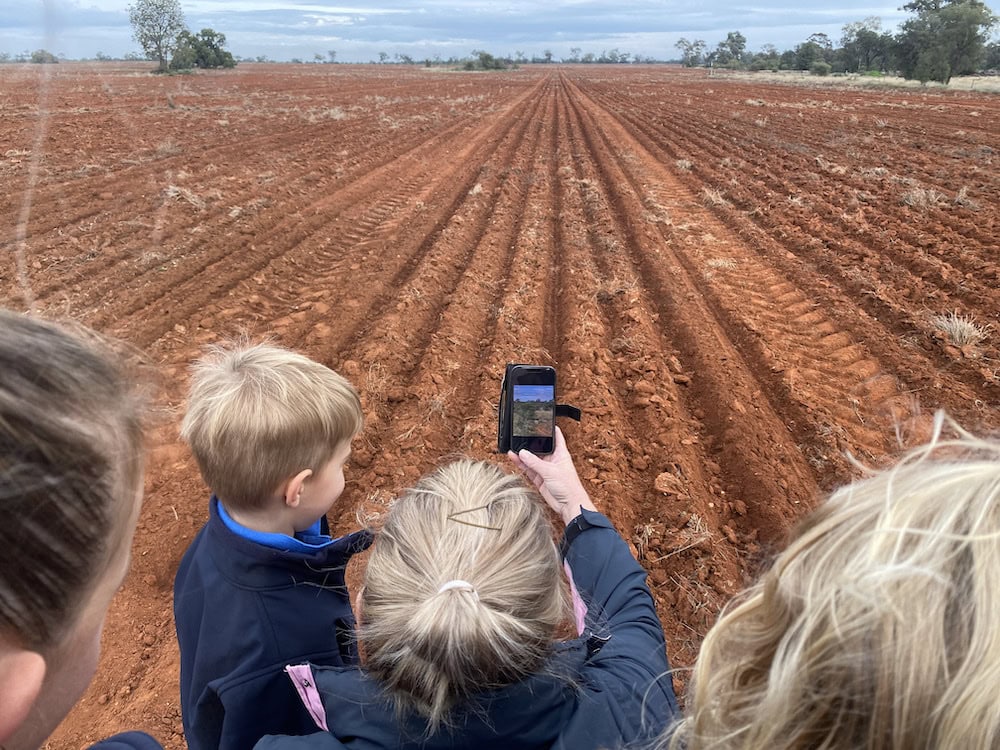
The land, which backs onto the school, was donated by farmers Craig and Sharon Crimmond for three years.
“One of the student’s dads coordinated the harvest. There were two headers going, two trucks, a chaser bin and field bin. It was all very exciting,” said principal Skye Dedman.
“The kids were able to watch the harvest in action, get up into the header at lunchtime and we took them to the grain receival to see the wheat being sampled and ground into flour.”
The wheat was taken to a local receival depo and sold by one of HFF’s sponsors Arrow Commodities.
“The wheat came back as high protein, which was great, but the falling numbers did downgrade the quality a bit.”
“The kids also had a meeting with Arrow to help them to understand the logistical side of wheat marketing and exporting as part of learning about different types of wheat. We also had a focus on seed germination, the growing process and harvesting process.”
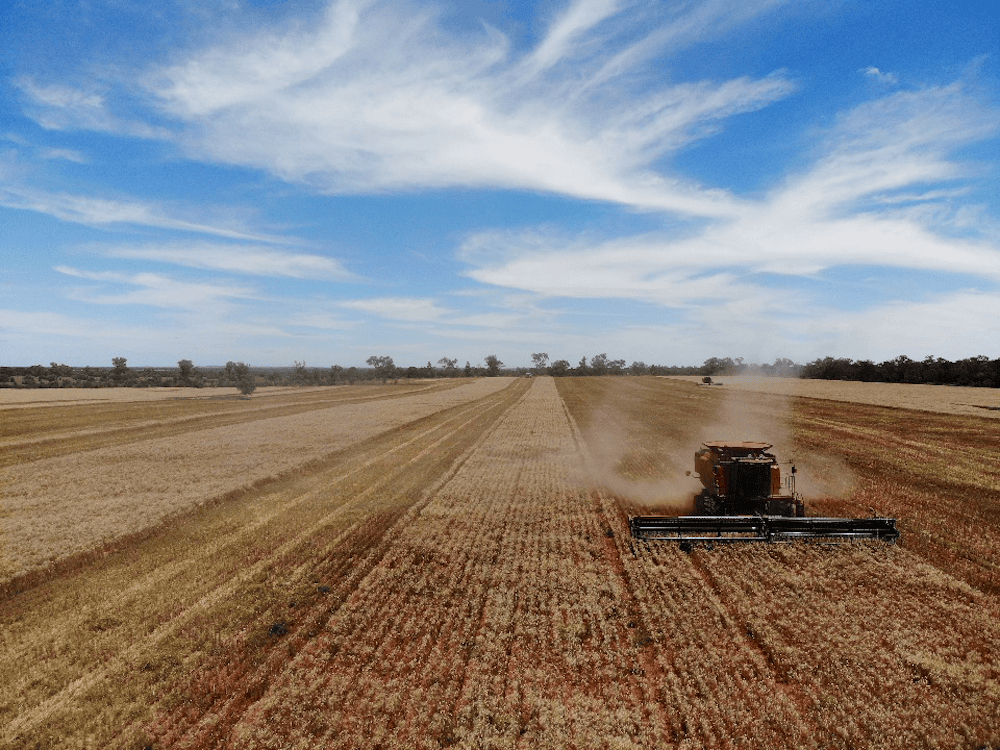
Skye said the project was the vision of classroom teacher Rebekah Harris, who first pitched the idea in 2020.
“Rebekah has really been the driver and has done a fantastic job. I have just been nodding my head and saying ‘yes’ because they are all such good ideas.
“The school’s P&C are partners in the project and did all the initial fundraising, while we did the educational side. As with small communities, everyone jumped in to support and help run merchandise stands and raise funds.
“The money raised from the wheat crop will go to the P&C and it has been earmarked to fund the project this year, which will focus on the paddock to plate journey for wheat.
“That includes funding planting this year and we are looking at a school excursion down to Victoria via the Port of Newcastle and some rice farms in the Riverina.”
The HFF project is part of bigger scheme called Growing Our Future, which complements learning about the food chain for wheat with educational tours focused on other agricultural commodities.
“As part of the educational side last year, we took the seven students to the Northern Territory,” Skye says. “The Northern Territory Farmers Association helped out and we got to see buffalo farms and fruit orchards.
“It gives the students the opportunity to look at agriculture as a whole. Our school’s motto is Reach for the Stars, so we talk about how the students are only at the start of what they could achieve anywhere in the world.”
Skye Dedman, Principal of Hermidale Public School
“We often bring out a map of the world and talk about the global markets where our wheat could end up. Our students can tell you what is happening in Ukraine and how it’s affecting the wheat market.”
Sarah said the number of Hermidale Future Farmers increased to 10 in late 2022.
“It’s very exciting for a small school like ours when a new family arrives.”
Other sponsors of the project included Omni, Aeris Resources and Tritton Hermidale.
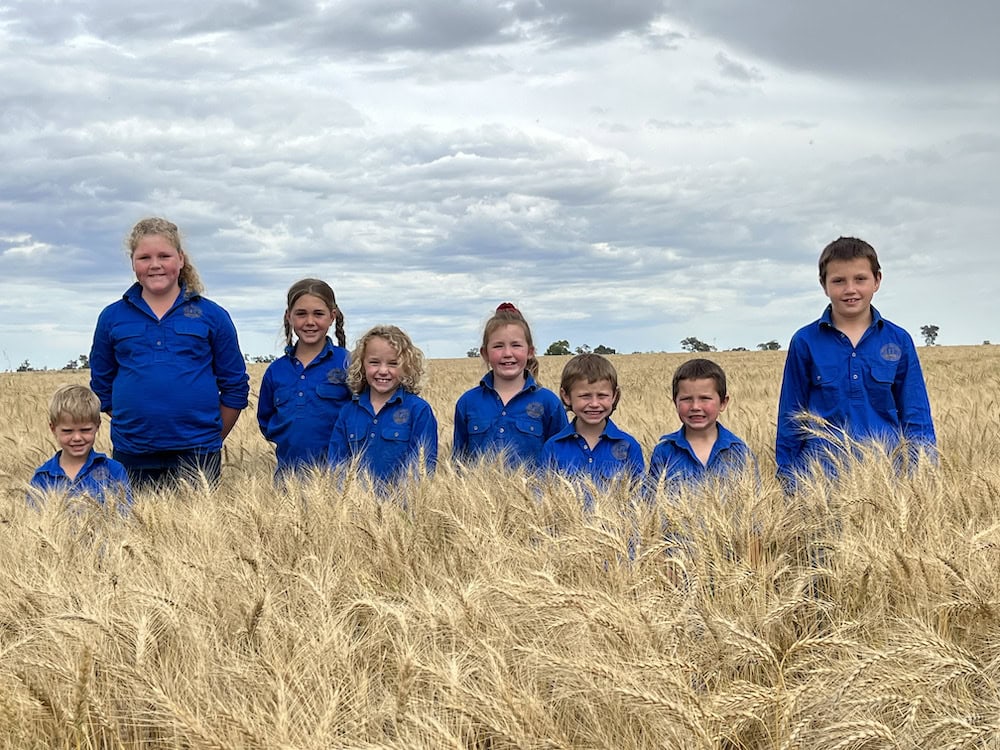
Agriculture education lacking
According to an extensive 2022 study by CQUniversity (CQU), agriculture is poorly understood in most Australian Schools.
In the largest ever survey of its kind, CQU’s Agri-tech Education and Extension research team surveyed more than 5,000 primary and secondary students across Australia about their knowledge of agriculture.
Four in five primary students and three in five secondary students surveyed believed commercial milking of dairy cows occurs by hand, rather than machine.
Research team leader Dr Amy Cosby said the study found many students regarded agriculture to be a low-tech industry.
“Agriculture is in a period of rapid technological advancement, but modern farming practices are not being adequately portrayed to Australian students,” Dr Cosby says.
The study showed student awareness of agricultural careers was also limited, with many only able to recognise traditional roles such as a ‘farmer’ and ‘beekeeper’ as jobs in agriculture.
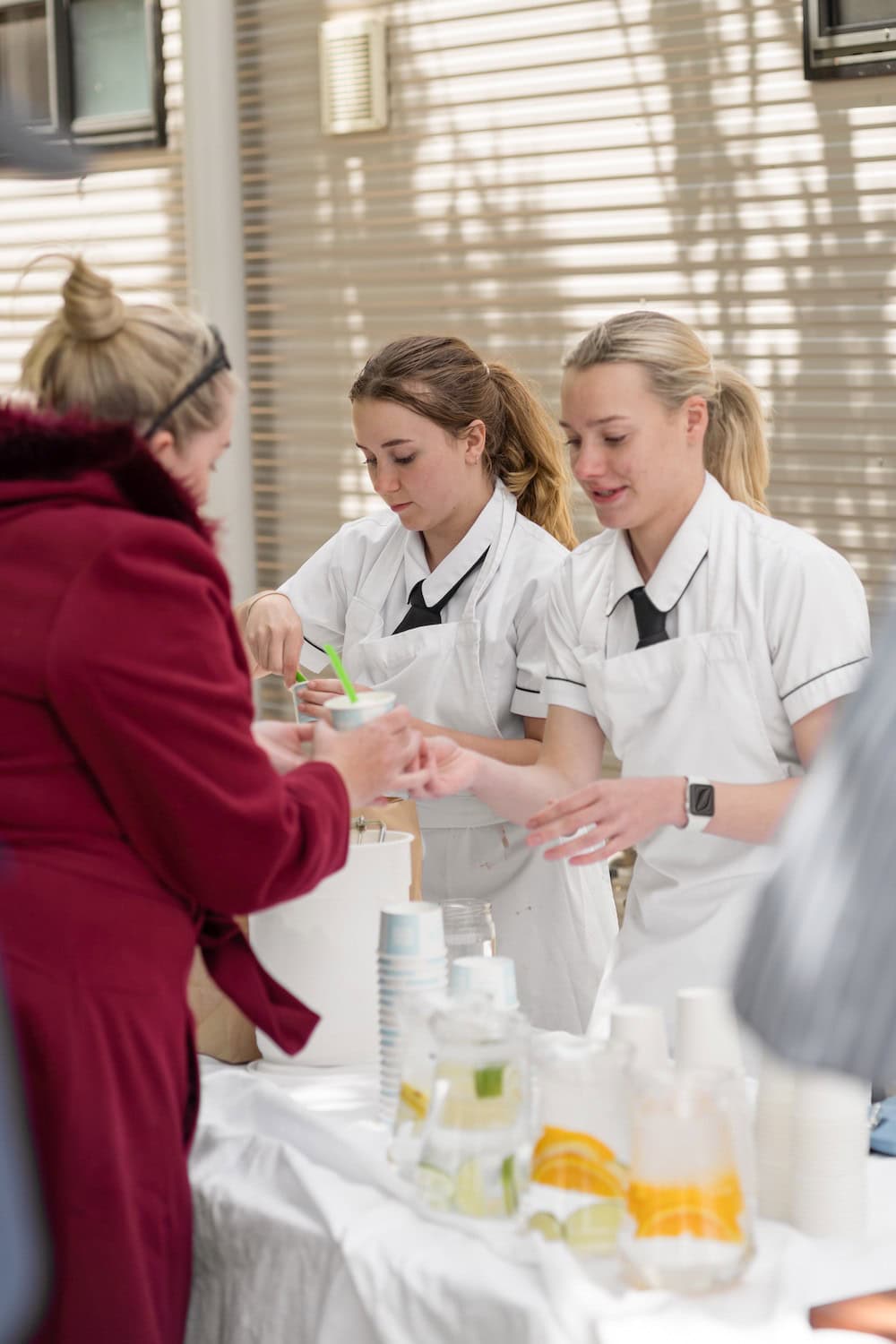
Dr Cosby said this was likely a contributing factor to the industry’s current skilled workforce shortage.
“If students are not being shown an accurate vision of modern agriculture, they are unlikely to recognise that agricultural jobs can be highly skilled, well paid, and possibly located outside rural areas.”
Dr Amy Cosby, CQUniversity
NSW Minister for Education and Early Learning Sarah Mitchell agrees, and is pushing to ensure agriculture is a compulsory component in the Science and Technology syllabus in primary schools. “It is crucial that our kids know how milk is produced,” Sarah says.
“Given the crucial importance of agriculture now into the future, we have to make sure that all of our kids – including those in the city – learn about agriculture at school.”
“Too often, people living in capital cities buy food from the supermarket and clothes from the shops and give little thought to the food and fibre processes and production that led to those products appearing on the shelf.”
Sarah said the NSW government was undertaking a syllabus overhaul to ensure a new science and technology kindergarten to year 6 syllabus includes content on food and fibre production, which would be mandatory in schools by 2024.
“This is part of our once-in-a-generation Curriculum Reform, which is currently underway, and we are also looking at opportunities to strengthen this content.”
If you enjoyed this story on agriculture in schools, you might like to read our feature on the Kids to Farms initiative.


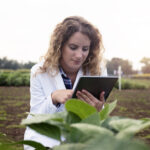
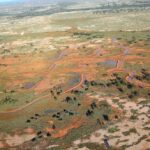
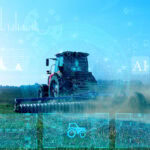

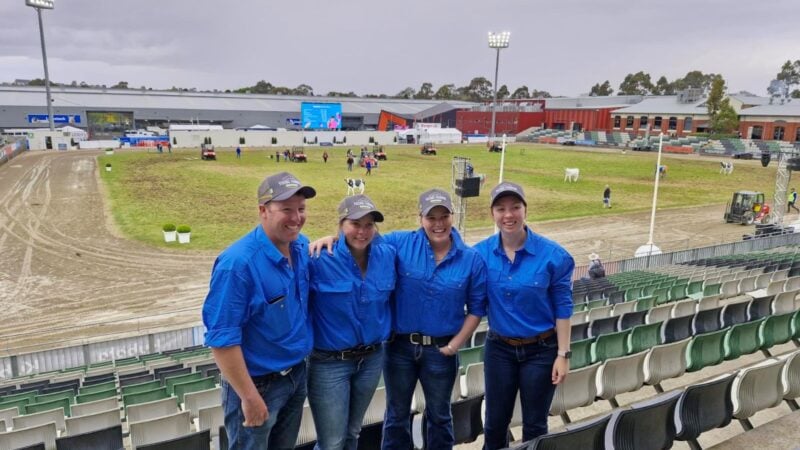
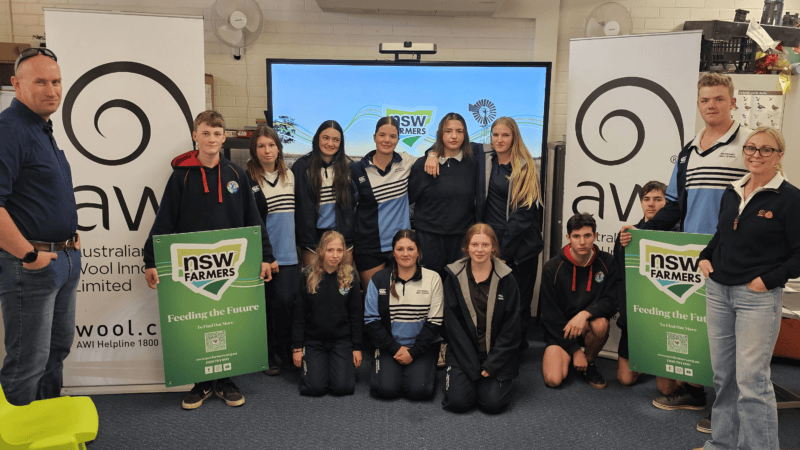

i appreciate the idea to introduce Agriculture in schools. students should know ways of food production , a basic need for humen existence.